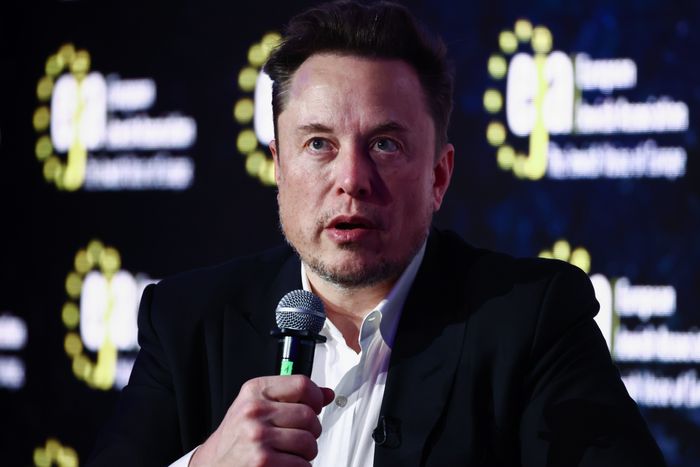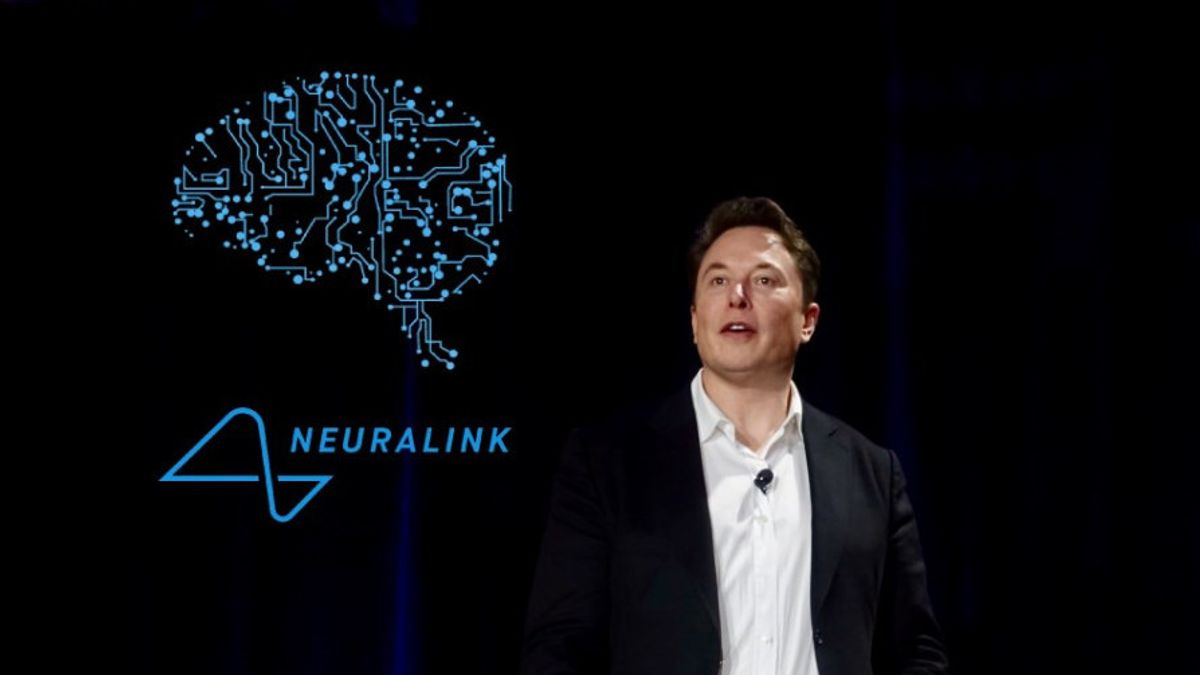Neuralink Telepathy technology has the capability to observe and trigger brain functions through the use of electrical signals.
On Sunday, Neuralink, the brain-chip startup founded by billionaire Elon Musk, shared heartening news that the first human recipient of their implant is on the path to recovery. Elon Musk himself conveyed the update, emphasizing the positive progress in the patient’s recuperation.
Musk shared on the X social media platform on Monday that the preliminary findings indicate encouraging detection of neuron spikes.
Spikes represent the activity of neurons, described by the National Institute of Health as cells utilizing electrical and chemical signals to transmit information within the brain and to the rest of the body.
Last year, the U.S. Food and Drug Administration granted clearance to Neuralink for its inaugural human trial involving the testing of its brain-chip implant. In September, the company announced obtaining approval to commence recruitment for the human trial specifically targeting patients with paralysis.
In its previous statements, Neuralink explained that the study employs a robot for the surgical placement of a brain-computer interface (BCI) implant within the brain’s area responsible for controlling movement intentions. The primary objective of this endeavor is to empower individuals to operate a computer cursor or keyboard solely through the power of their thoughts.

Neuralink has highlighted that the “ultra-fine” threads of the implants play a crucial role in transmitting signals within the participants’ brains. Elon Musk, in a separate post on the X platform, revealed that the initial product to be launched by Neuralink will be named Telepathy.
As part of its PRIME Study, the startup is conducting a trial for its wireless brain-computer interface, aimed at assessing the safety of both the implant and the surgical robot. Despite a request for additional information from Reuters, Neuralink has not promptly responded.
Neuralink has come under increased scrutiny for its safety protocols, with recent reports from Reuters revealing that the company faced fines for non-compliance with U.S. Department of Transportation (DOT) regulations related to the transportation of hazardous materials.
In June of last year, Neuralink held an approximate valuation of $5 billion. However, in late November, concerns were raised when four lawmakers urged the U.S. Securities and Exchange Commission to investigate whether Elon Musk had potentially misled investors regarding the safety of Neuralink’s technology. This request came after veterinary records surfaced, indicating issues with the implants in monkeys, including instances of paralysis, seizures, and brain swelling.
